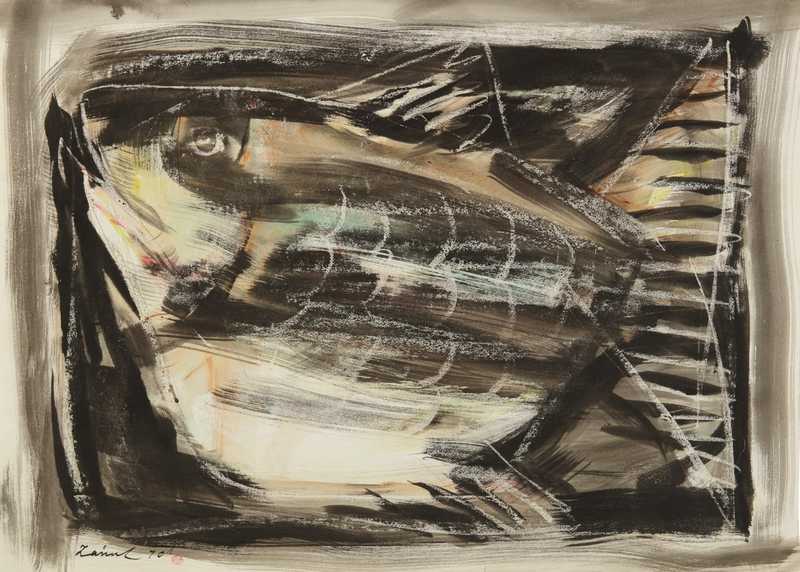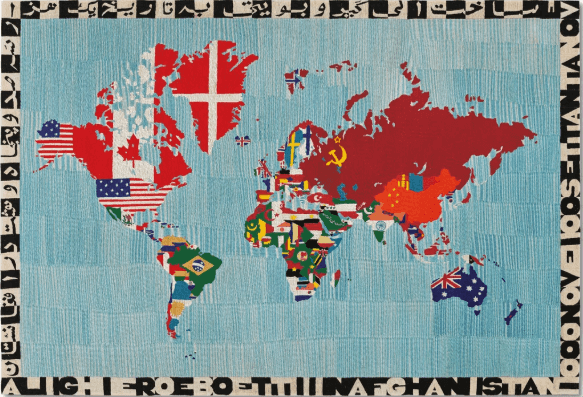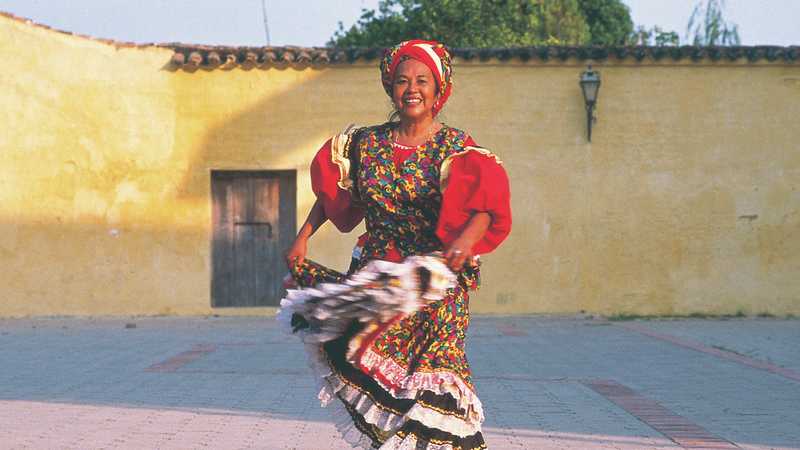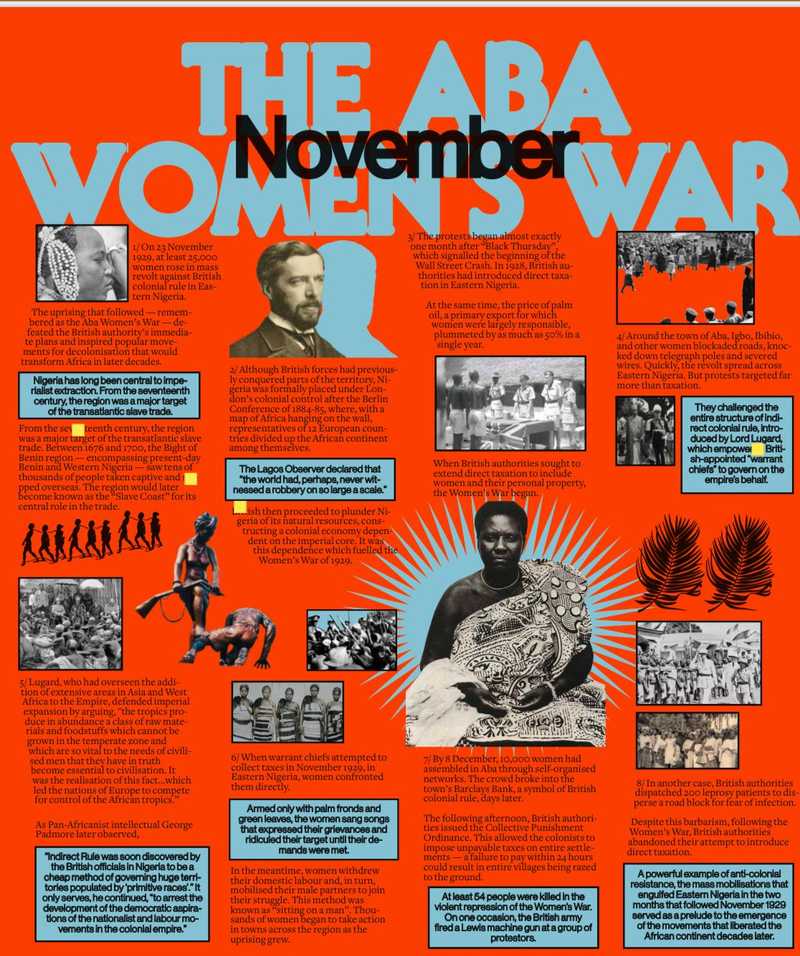
The Bangladeshi people have removed Prime Minister Sheikh Hasina from power after 15 years of rule. The price to remove her was paid in blood by the Bangladeshi people. 439 people were killed by state forces, many shot, between 16 July and 5 August, according to research by Bangladesh’s National Garment Workers Federation (NGWF), a member of the Progressive International. Tens of thousands more - in the region of 150,000 according to local media reports - were injured.
The National Garment Workers Federation supported the struggle of students and workers against Sheikh Hasina’s government throughout. Four of the union’s members were killed, over 50 wounded and over 100 arrested.
Among the NGWF’s losses were Zakir Hossain, co-general secretary of the Mohammadpur regional embroidery committee and Md. Sohel, a union organiser. Police gunshots killed both of them.
The NGWF’s research shows that most of those killed in the successful overthrow of the government were students and workers. Three-quarters of those killed were young adults or younger. Most died from gunshot wounds. The research examined the deaths of 175 protestors and found around four out of five had deadly gunshot wounds, mostly to the head, chest, back or stomach.
The majority of these victims, without whose bravery, Sheikh Hasina would still rule Bangladesh, were working class.
It took just 36 days to topple the government. It began as a peaceful student protest at Dhaka University. The students were protesting a court ruling that reinstated a quota in government jobs for the families and descendants of veterans of the 1971 War of Liberation.
These peaceful protests were met first with confrontation from the Chhatra League, the student wing of the ruling Awami League, and then police violence. This state violence broadened and transformed the protests from a specific reform to a total challenge to the system of government.
The turning point came on 16 July when the police shot and killed Abu Saeed, a student from Begum Rokeya University in Rangpur. Millions watched viral social media video footage of the shooting. Police violence was streamed in real-time. Those murderous images spurred the cycle of intensifying protest and crackdown that led to Sheikh Hasina fleeing on a plane to India on 5 August.
Protestors brought the country to a standstill, through blockades and shutdowns. The Awami League government’s response was harsh and authoritarian: mass arrests, detentions, curfews, soldiers on the streets and cutting internet services.
The government’s response didn’t quell the protests but spurred them on to grow and demand the end of the government. The protests and the violence against them reached their zenith on 4 August. Clashes between police and protesters were seen around the country and over 100 were killed.
The scale of bloodshed proved too much for the regime to continue. The following day, Sheikh Hasina resigned and fled on a plane to India.
On Thursday 8 August, a caretaker government led by Muhammad Yunus, a pioneer in microcredit, beloved of neoliberals around the world and winner of the 2006 Nobel Peace Prize, was formed. Bangladesh’s ruling class and its international allies hope that a change of government and new elections will demobilise the vast popular movement that developed to force Sheikh Hasina from office. But the Bangladeshi people and their popular organisations have felt their collective power and continue to raise their voices for dignity and justice.
In memory of those killed by state violence.
Latest from the Movement
HKP holds first workers’ conference
PI member Haqooq-e-Khalq Party (HKP) organised its first workers’ conference at Kot Lakhpat, Lahore, Pakistan at the end of July. The conference, a major step in the Party’s development, brought together workers, trade unions and activists. It vowed to launch a popular struggle against the Pakistan government’s anti-worker policies.
Legal experts say No Harbour for Genocide
60 international legal experts have issued a warning to Mediterranean states that delivery of military jet fuel to Israel via the Overseas Santorini and Sun Coast breaches international law. The experts wrote in an open statement that states should prohibit their transit in compliance with rulings made by the International Court of Justice and UN Bodies.
US Tenant Union Federation launched
Last week more than 370 tenant union leaders, rank and file workers, local and national partners, joined to launch the US Tenant Union Federation. The Federation brings together five locals, starting small to prioritise aligned theory of power. The founding unions are PI member KC Tenants, Louisville Tenants Union, Connecticut Tenants Union, Not Me We and Bozeman Tenants United. The Tenant Union Federation plans to expand its membership in 2025.
Art of the Week: Zainul Abedin (1914–1976) was an influential Bangladeshi artist, activist, and Muslim teacher. While Abedin’s most known works document the 1943 Bengal famine, he also painted the Indigenous Santhal people and Palestinian refugees in Syria and Jordan.
As an activist, Abedin played a role in the Bengali Language Movement, the Bangladesh Liberation War, and introduced art to the public school system, co-founding the Faculty of Fine Arts, Dhaka University. On August 5th, the former PM Sheikh Hasina’s house was looted. One person took an impressive fish, images of which circulated widely.



